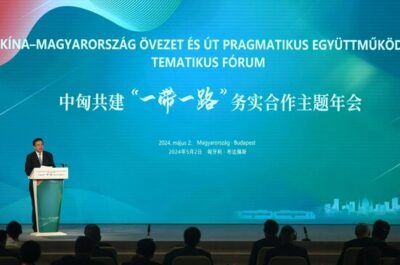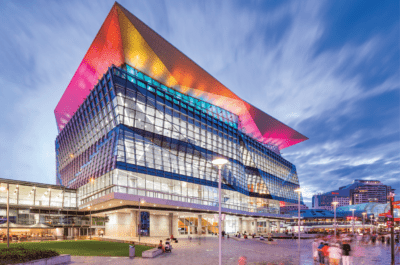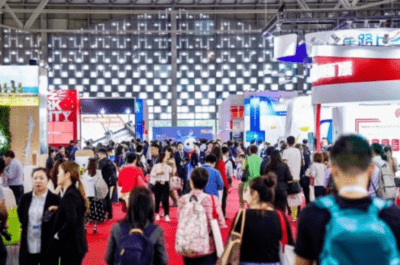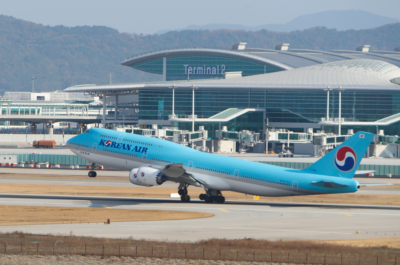Hotel performance is booming in Thailand, both in resort areas like Phuket and in the capital, Bangkok…
Hotel performance is booming in Thailand, both in resort areas like Phuket and in the capital, Bangkok. Thailand’s relative political stability encourages development and investment, as does its geographic location in the heart of South-East Asia. Add to that Thailand’s reputation for its excellent service culture and it is not difficult to understand the recent wave of hotel development throughout the country. This has been especially apparent in Chiang Mai, Phuket, Pattaya and Bangkok.
According to the HotelBenchmark Annual Profitability Survey by Deloitte, both Bangkok and Phuket were among the most profitable Asian markets in which to operate a hotel in 2003. Both cities converted over 40 percent of revenue into profits (IBFC). This is some ten percent higher than the regional average for Asia Pacific. Payroll costs of below 20 percent of total revenues helped contribute to these results.
Year-to-July 2004 rooms revenue growth indicates that profitability in these Thai markets should continue. Results show that revenue per available room (revPAR) in both Bangkok and Phuket has grown over 30 percent year-on-year. While Phuket’s revPAR is just on par with year-to-July 2000 levels, Bangkok’s revPAR is an astounding 55 percent higher than pre-SARS and pre-9/11 levels.
Outperforming the rest of South-East Asia
The following graph uses seasonally adjusted revPAR results to set the performance of Bangkok and Phuket in context. Typically, South-East Asian markets perform below the Asia region as a whole. Yet, both Bangkok and Phuket outperform the combined results of the South-East Asia region. In addition, Phuket’s revPAR has traded inline with the regional average for Asia since the beginning of 2004.
RevPAR performance of Bangkok and Phuket versus Asia and South-East Asia

Redefining the Thai hotel industry
Thailand has always been a popular tourism destination. A number of initiatives are currently underway to upgrade the tourism industry. The Tourism Council of Thailand (TCT) is currently evaluating how to narrow the gap in service charges between internationally and locally operated hotels. To address this, the government is looking at introducing a new system to create a new brand for domestic hotels.
The Tourism Authority of Thailand (TAT) is redefining its marketing strategy to help increase the average spend per tourist. Tapping into markets of discerning travellers seeking a getaway to relax and rejuvenate, TAT’s plans target honeymooners, golfers and the elderly, to name but a few. The lucrative MICE (meetings, incentives, conferences, and events) market is also high on TAT’s priority list. In Bangkok, upgraded transportation links, like the recently opened subway and the Surarnabhumi airport expected for 2005, will further enhance the city’s reputation as a leading MICE destination in Asia.
In anticipation of future prosperity in the market, the hotel industry continues to evolve with the rest of Bangkok. Last year, many companies re-evaluated their presence in Bangkok and numerous properties changed brands – for example, the Hilton became a Swissotel and Le Royal Meridien rebranded to an InterContinental. The products available in the market will continue to evolve as existing properties undergo renovations, so they are better placed to compete with each other and future new supply such as the Ritz Carlton.
Tackling seasonality with the ‘Green Season’
TAT has also recently announced plans to tackle seasonality by naming the low season, May to September, the ‘Green Season’. While traditional source markets from Europe and North America will continue to travel to Thailand during peak seasons, new opportunities exist to smooth out fluctuating tourism arrivals. The emergence of the Chinese and Indian markets, Thailand’s own domestic market and the developing low-cost airline industry all provide TAT with the means by which to execute their ‘Green Season’ plans.
Yet, despite seasonal rate fluctuations, revPAR in popular regional markets like Phuket, Hua Hin and Chiang Mai exceed those in Bangkok, where corporate business already contributes to a steady demand. For example, Phuket’s year-to-July 2004 revPAR of Bt 2,350 is nearly 30 percent higher than results from Bangkok. This windfall results from the average room rate premiums Thai resort markets can charge during their predictable high seasons.
Supporting future growth
With Bangkok and Phuket’s high profitability conversion and growing revPAR trends, Thailand’s future looks promising. Yet violence in the southern Muslim provinces may interfere with the stable and safe image from which Thailand has traditionally benefited. Fortunately, to date TAT has done an excellent job in educating the global market that the issues in the south do not affect the rest of Thailand. The additional focus on transportation links and the ‘Green Season’ will also bring further opportunities for Thailand’s hotel industry.
Notes: All analysis in Thailand Bahts
Theodore is the Co-Founder and Managing Editor of TravelDailyNews Media Network; his responsibilities include business development and planning for TravelDailyNews long-term opportunities.

























































![[PR] PR_Ascott and Vimut Hospital_2024](https://www.traveldailynews.asia/wp-content/uploads/2024/04/PR-PR_Ascott-and-Vimut-Hospital_2024-400x265.jpg)







